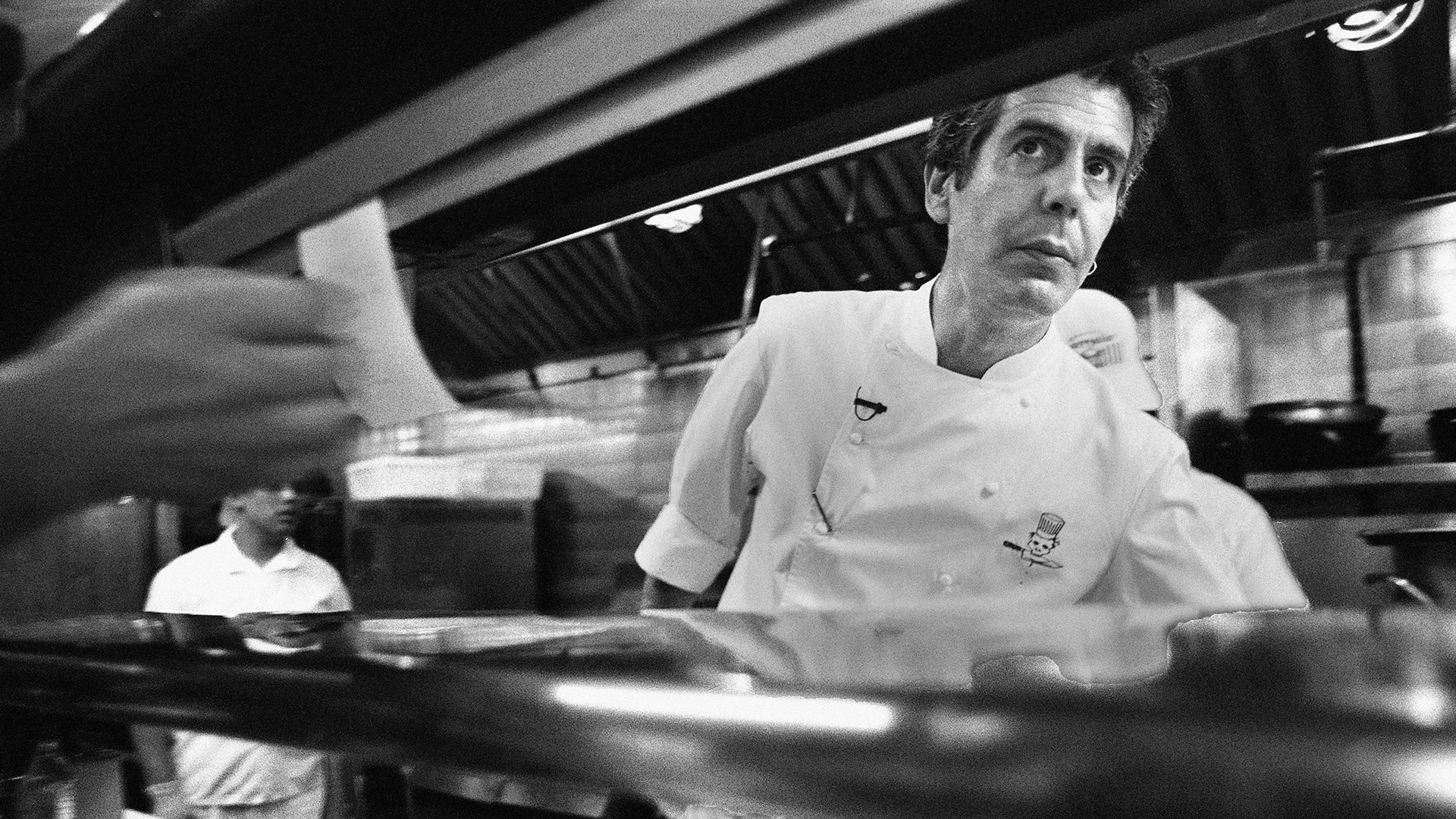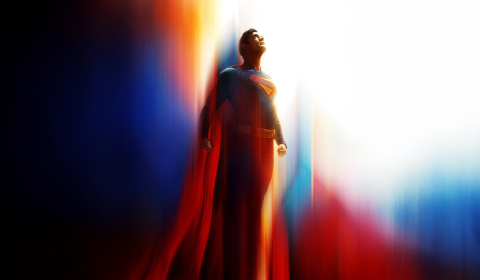From the Beatles to Anthony Bourdain, nobody is safe from the biopic treatment. It’s the symptom of a creative industry high on nostalgia and low on imagination.
It was only a matter of time before Hollywood came for Anthony Bourdain. The man who made a career of evading easy categorisation (chef, anti-celebrity, philosopher of the palate) has now been posthumously slotted into what is arguably the most reductive genre: the biopic.
That A24, the darling of indie cinema, is behind it feels like a particular betrayal. And the casting of Dominic Sessa, teenage breakout of The Holdovers, as Bourdain has only ruffled more feathers.
I’d be inclined to agree that the film undermines Bourdain’s legacy, commodifies his suicide, and flattens a deeply contradictory life into a digestible narrative arc.
Bourdain was not a late-blooming burnout who stumbled into fame by accident. He found success in the back kitchens of New York, and later as a writer. In both instances he came armed with a profound distrust of anyone who tried to package him. A biopic does just that.
The rumoured movie is part of a broader cinematic trend that has seen biographical films emerge as the format du jour. The upcoming Beatles mega-project – with four separate films for each band member – is a particularly bloated example. Despite a superstar cast featuring every popular internet boyfriend of the moment, the impending series hasn’t gone down particularly well.
My bugbear with biopics also lies in the fact that a genre once reserved for towering figures has now expanded to accommodate an increasingly arbitrary collection of subjects, from entrepreneurs to disgraced tech figures to overlooked athletes.
That’s not to say these stories don’t deserve to be told, but the big budget focus on real-life individuals is leaving less and less room for original ideas. As the film industry continues to suffer in the wake of Covid-19 and the rise of streaming platforms, it’s vital that we sustain the creative essence of cinema. That’s what makes it so great.
There’s also clearly an appetite for originality. Ryan Coogler’s latest film Sinner’s has seen overwhelming success at the box office, despite a fringe concept and unique style. Sean Baker’s Anora took home Best Picture amongst a swathe of other awards at this year’s Oscars, even as the low-budget indie underdog.
Meanwhile, live-action remakes of existing films (another format that studios seem to be churning out at any opportunity) like Disney’s Snow White have flopped. The spectacular failure of the latter has ultimately forced Disney to pause on other planned live-action remakes, but this pivot is a delayed reaction to public sentiment.
It’s understandable that the industry would opt for safe, familiar stories when pitching new projects, given the financial strain it’s been under for the past few years. But evidently creative risks pay off.
While you could argue that biopics – on occasion – are a chance to tell truly invigorating real-life stories, the reality is that they often fall victim to the Hollywood gaze. These films are less concerned with historical accuracy than with myth-making, rendering their subjects into flattened symbols of ambition, genius, or tragedy – often all three at once. The result is cinema as hagiography, sure to disappoint fans of the subject and bore everyone else.
We do not need this! https://t.co/5wg32SZyE4
— Zwina Luck
лапушечка (@L8veBitten) April 23, 2025





















